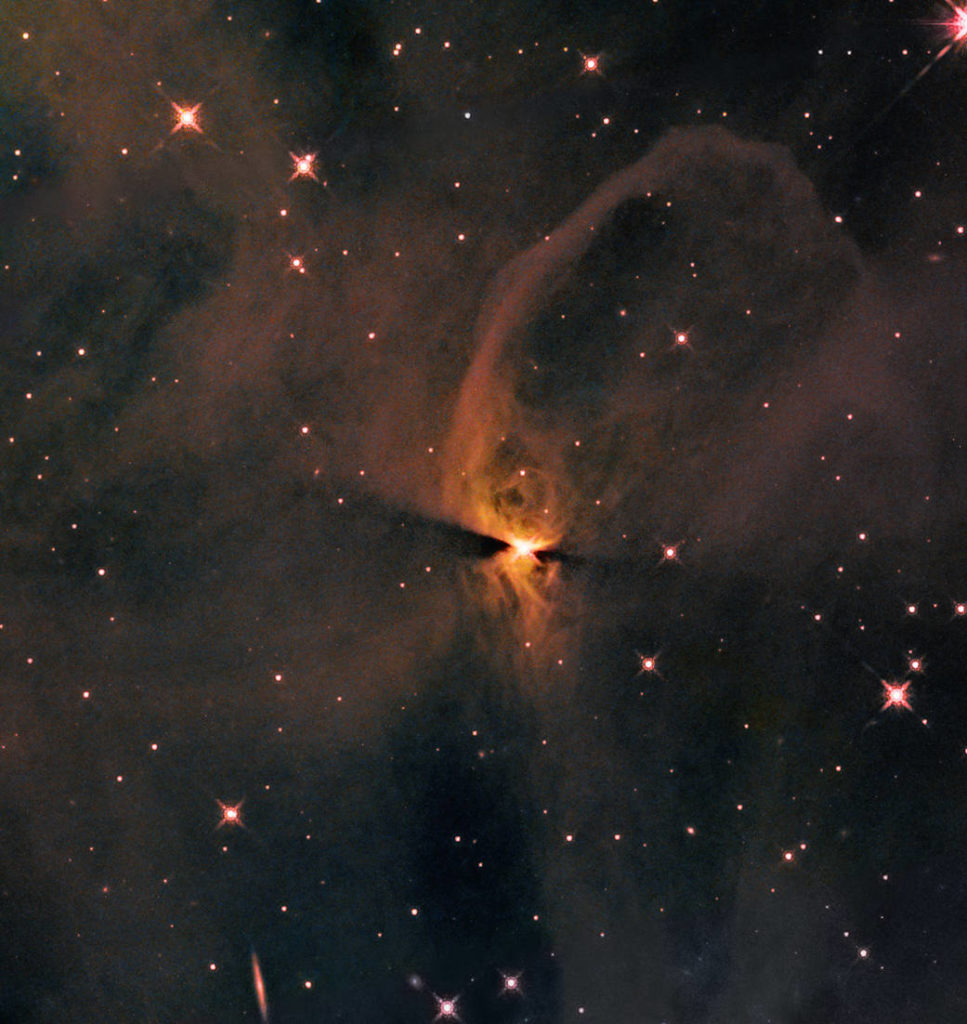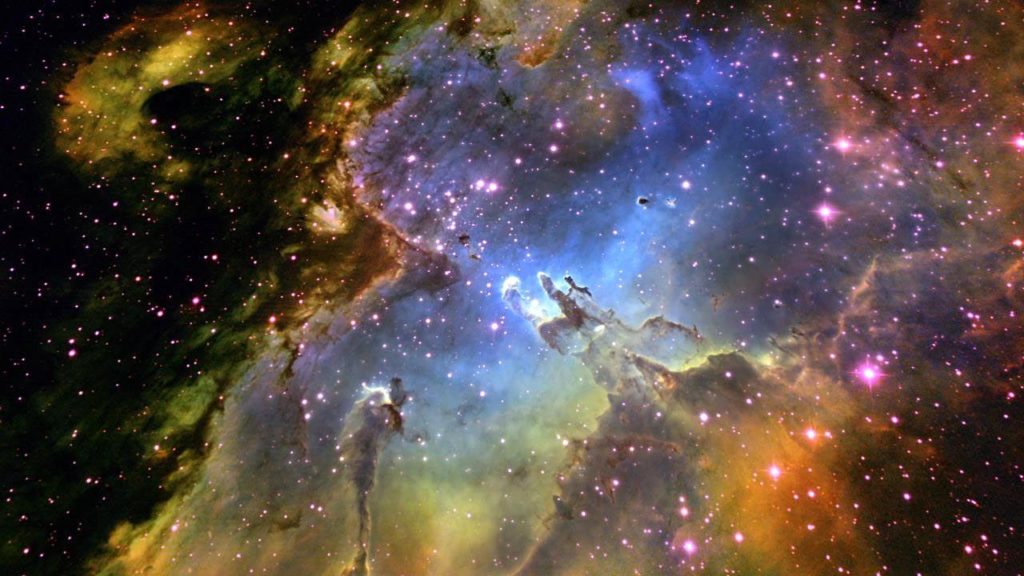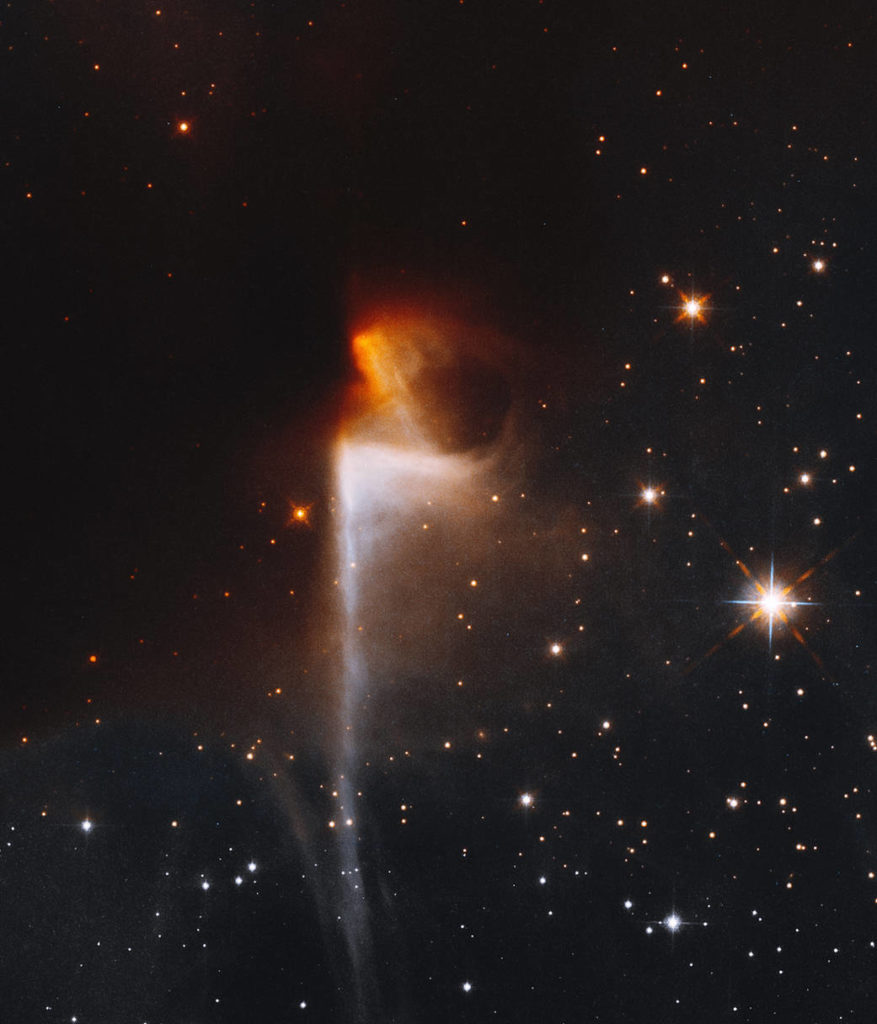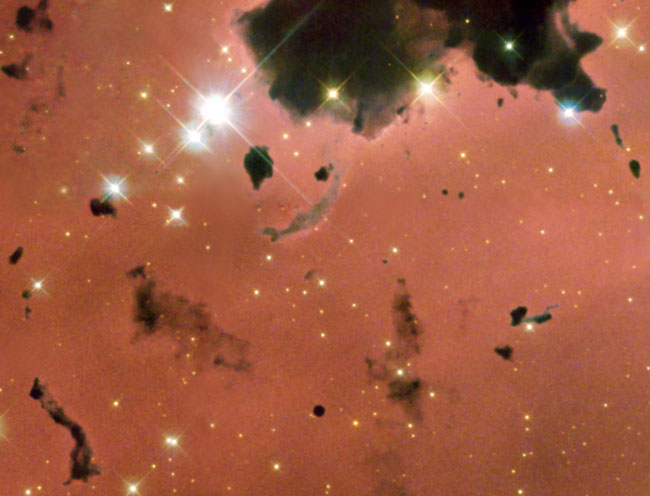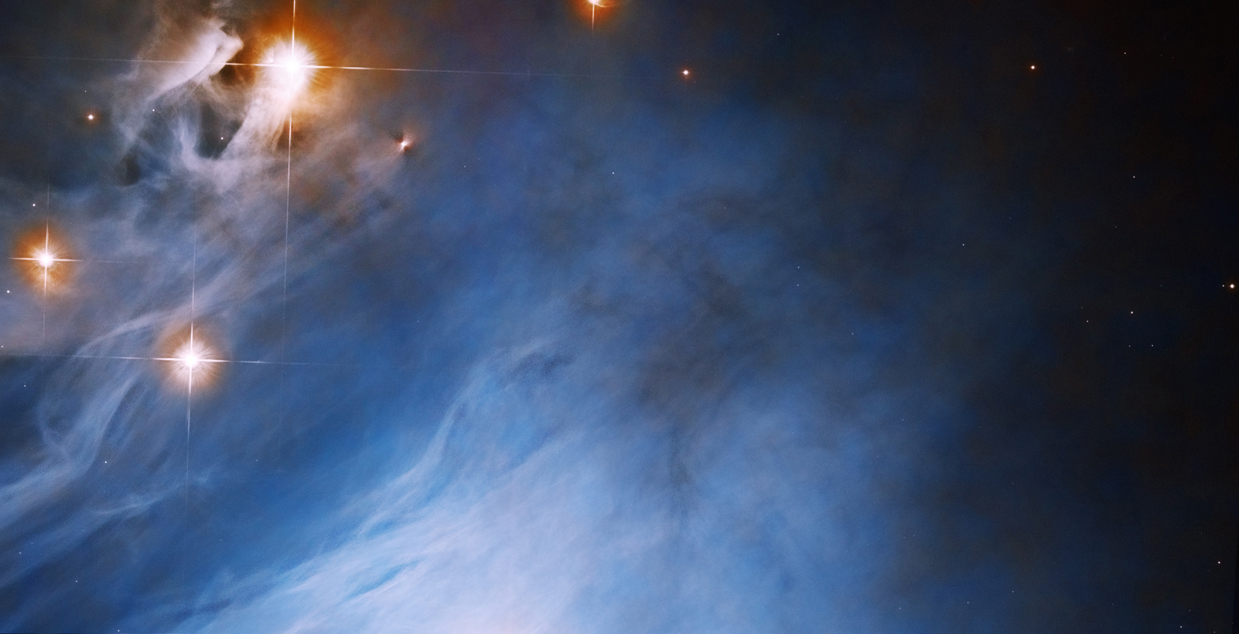Did Star Births Cease after Creation Day Six?
Question of the week: Young-earth creationists I know insist that star birth (formation) ceased after creation day six. As an astronomer, how do you respond?
My answer: In several debates I have had with young-earth creationist scientists they have denied that ongoing star formation is occurring. They understand that if it occurs, the universe cannot be as young as they claim. They also interpret star birth or star formation as an act of creation. Since God ceased from creating at the end of creation day six, they believe that all star formation ceased after God created the first humans.
Star formation does not require God to supernaturally intervene in the natural processes he has established. Just like raindrops can form without God’s direct supernatural intervention, so can stars. In some respects, raindrop formation is a more complex natural process than star formation. Stars form whenever large gas clouds experience gravitational contraction.
Inside interstellar molecular clouds, there are regions where the molecular gas is expanding and other regions where the molecular gas is collapsing. It is only in the collapsing regions where new stars are forming.
Young-earth creationists are correct when they state that no astronomer has ever seen a molecular gas cloud begin to collapse, then condense, then begin to visibly shine through energy generated by the gravitational collapse, and finally to ignite nuclear fusion in its core. There is a good reason why. The entire process takes much longer than a human lifespan. It takes from a hundred thousand years to several million years, depending on the mass of the collapsing region. However, astronomers have observed thousands of collapsing gas clouds at different stages of star formation where the stages overlap. In these thousands of interstellar gas clouds, they have observed the entire sequence of star formation.
The denial of ongoing star formation is especially difficult to sustain given the thousands of publicly available images astronomers have taken of stars in different stages of being born. The latest such images (see figures below) taken by the Hubble Space Telescope not only offer more evidence of ongoing star formation but also are spectacularly beautiful. Star formation begins when pockets of cool, condensed gas undergo gravitational collapse. Such pockets known as Bok globules are the dark patches in the fourth image below.
